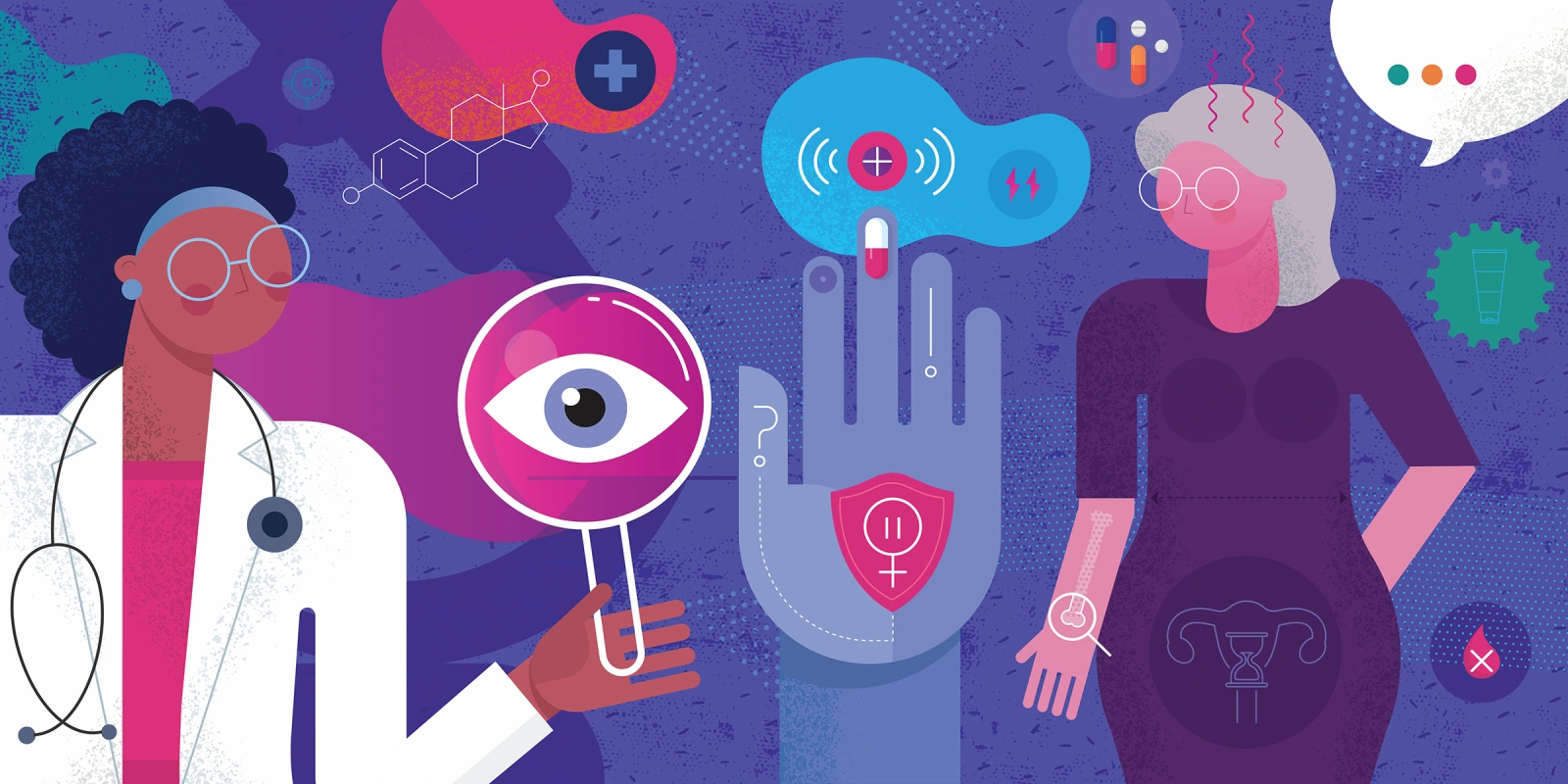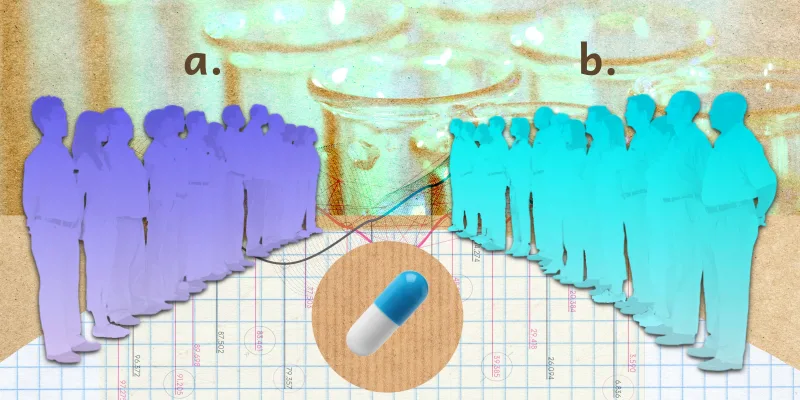The Presidential Symposium at the 2025 Annual Meeting of The Menopause Society was on mind, brain, and body connections. Pauline Maki, PhD, reviewed studies on hormones and brain health/cognition on whether hormone therapy causes or prevents dementia.
She said there is reliable, reproducible evidence of decline in verbal learning and memory as women transition through menopause across studies following large groups of women. Women experiencing surgical menopause after removal of their ovaries have decreased verbal learning and memory that improves with estrogen therapy. Estrogen therapy maintains memory in this group until the age of typical menopause, and offsets an increased risk of cognitive impairment. In naturally menopausal women, however, most studies show no cognitive benefit for hormone therapy.
Estrogen is not neuroprotective in asymptomatic women. Increased vasomotor symptoms (VMS = hot flashes) are associated with decreases in objective verbal memory performance, attributable to interrupted sleep. There are no studies of the effects of hormone therapy on cognition in women with VMS, and although evidence suggests treating VMS with hormones may confer cognitive benefits, randomized trials are needed. A study of non-hormonal stellate ganglion blockade, that decreases VMS and is not known to improve memory, improves memory.
Dr. Maki reviewed the 2022 hormone therapy position statement of The North American Menopause Society, which states that estrogen therapy may have cognitive benefits when initiated immediately after hysterectomy with bilateral oophorectomy, but hormone therapy in early natural post-menopause has neutral effects on cognitive function. In the absence of more definitive findings, hormone therapy is not recommended at any age to prevent or treat decline in cognitive function or dementia. Initiating hormone therapy in women >65 years increases risk for dementia.
Jennifer Gordon, PhD, discussed hormone sensitivity, mood, and anxiety. Early menopause transition is with an increased risk of depressive symptoms that increases in late transition. There is also an increased risk of relapse in those with a history of major depression. The hormonal environment of menopause transition, during which there is exposure to both very low and very high levels of estradiol, may play a role.
An unpublished study, recruited perimenopausal individuals who reported depressive moods since the onset of the menopause transition. All scored in the clinical range of the Center for Epidemiological Studies—Depression at baseline. Weekly mood tracking showed great fluctuation; many scored in the very severe range at times, then within weeks scored below the clinical cutoff. Dr. Gordon said, “I don’t find this very surprising, because if we think that the hormonal environment is contributing to the increased risk and symptoms in the menopause transition, and we know that the hormonal environment is constantly changing during this time, it's logical to expect that mood will also fluctuate in many people.”
Dr. Gordon and colleagues have defined different hormone sensitivity profiles that likely play a role in perimenopausal mood fluctuations that are common. Longitudinal research is needed to detect those fluctuations, and studies should take into account individual differences in sensitivity to hormones.
Dr. Lederman has no conflicts of interest to report.
Image by DrAfter123 / Getty Images






